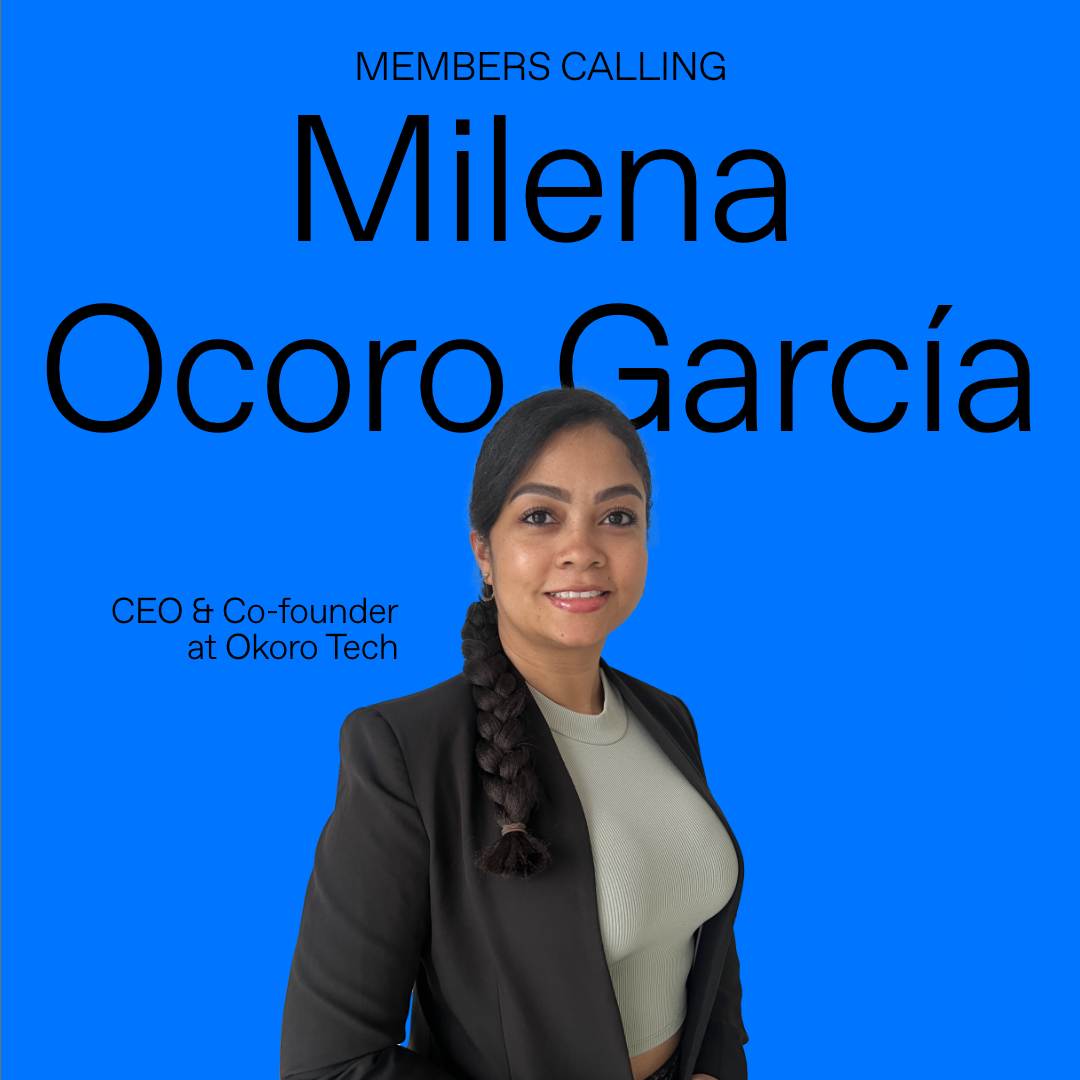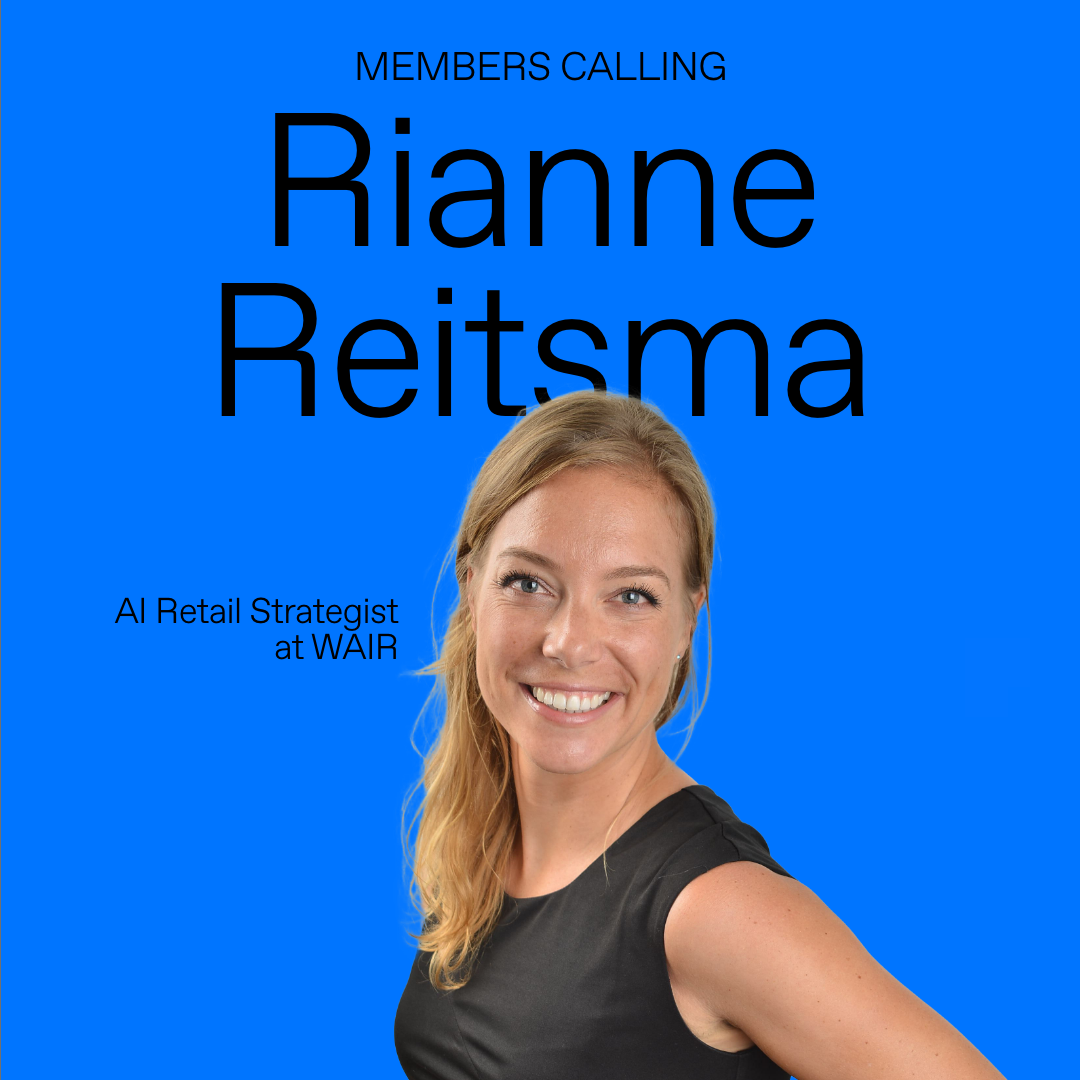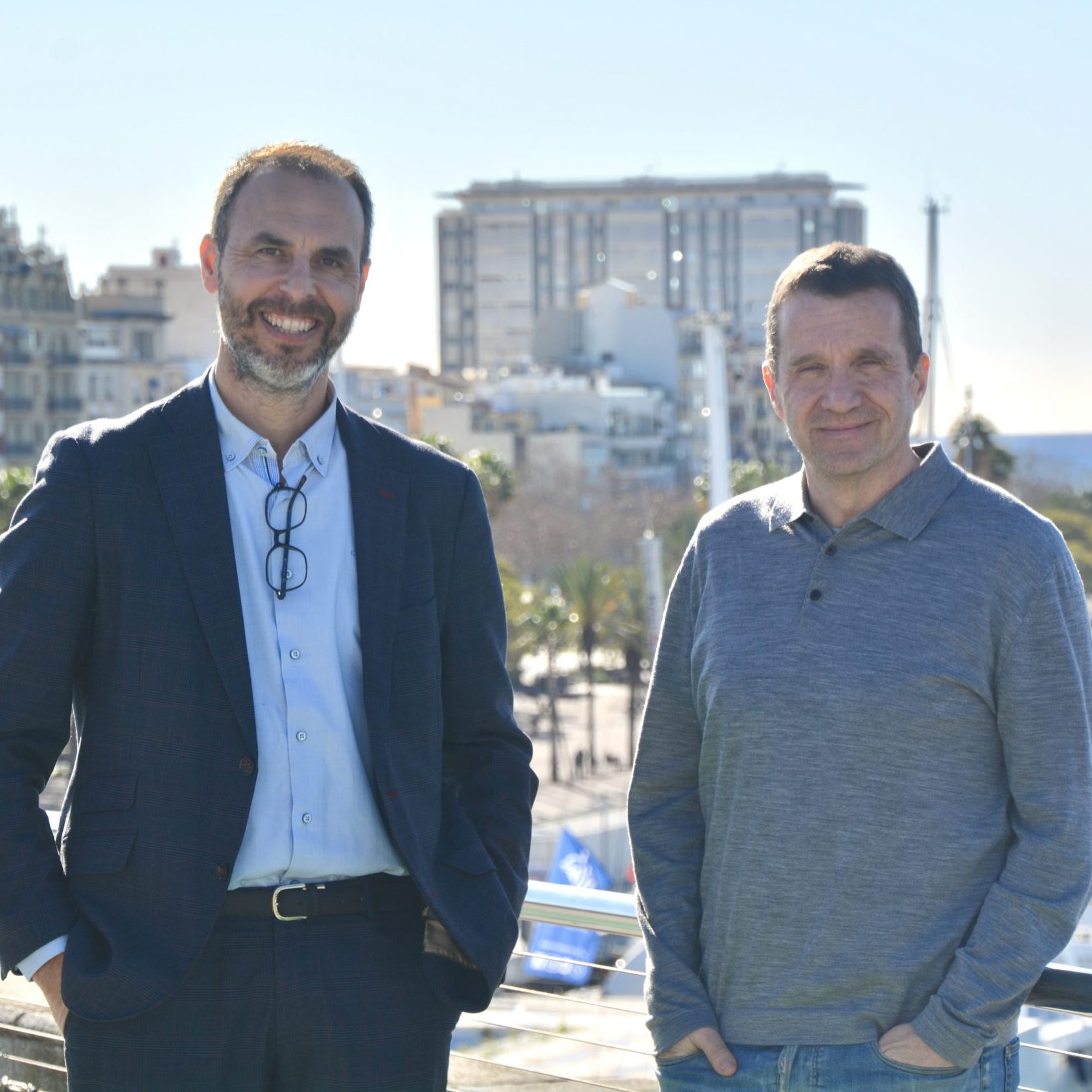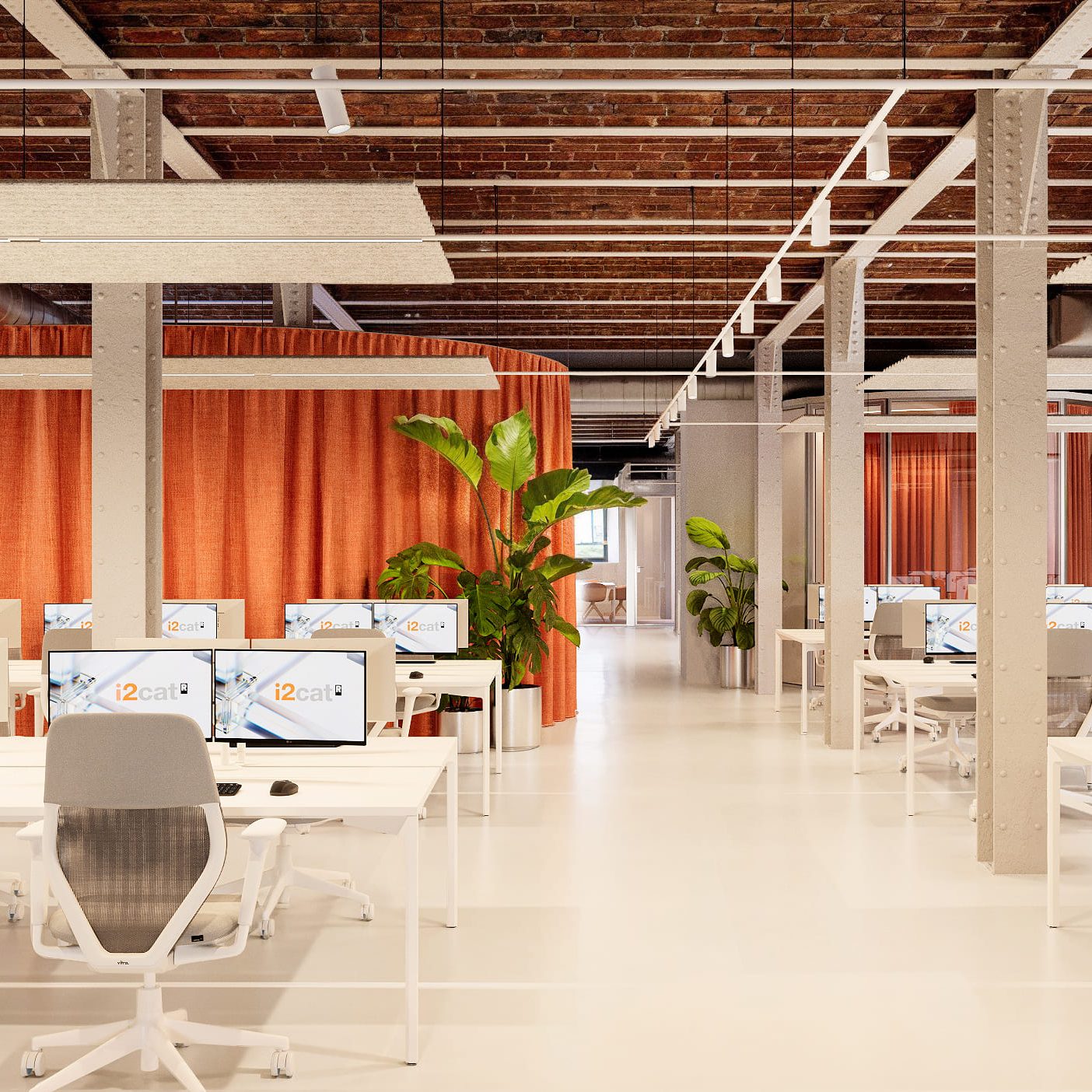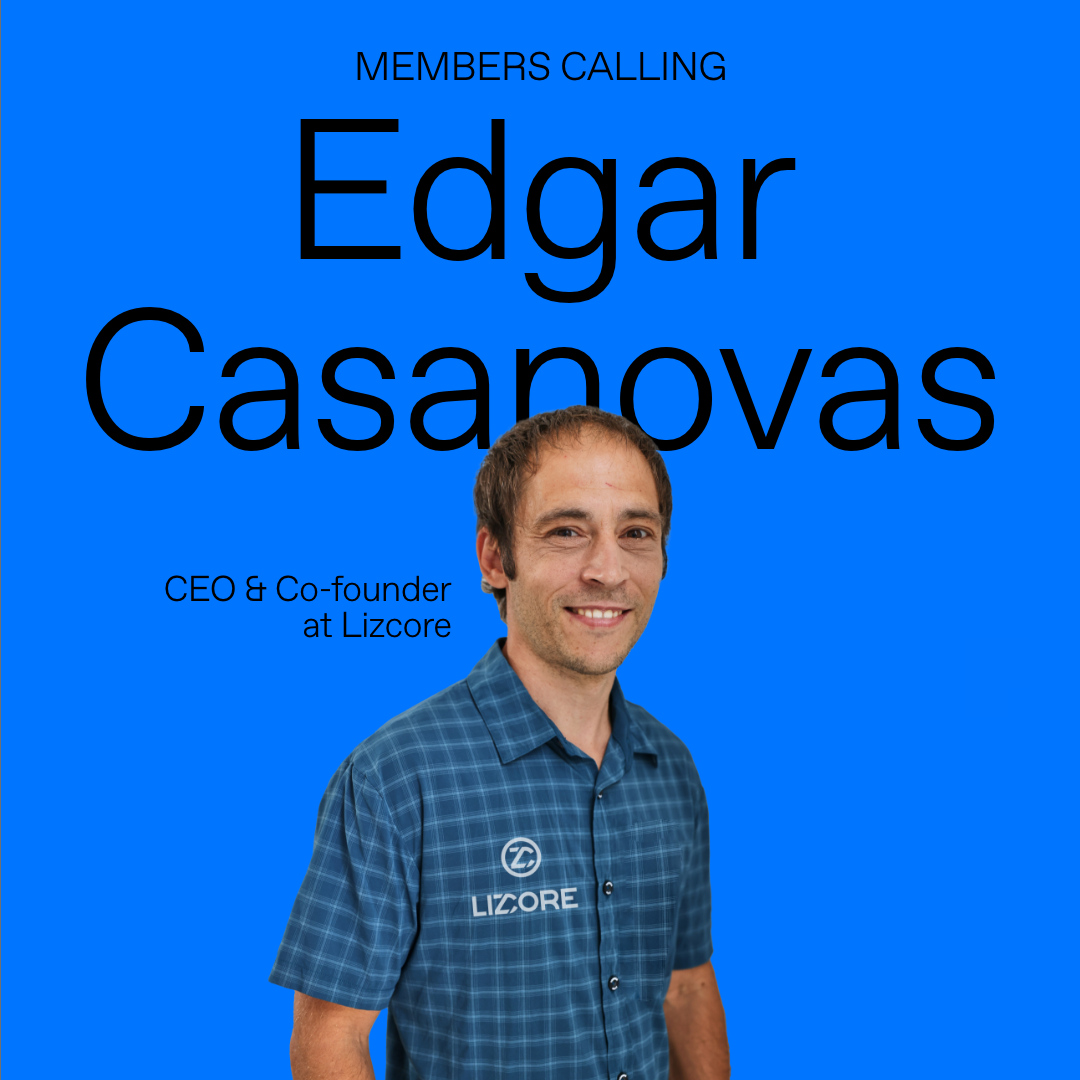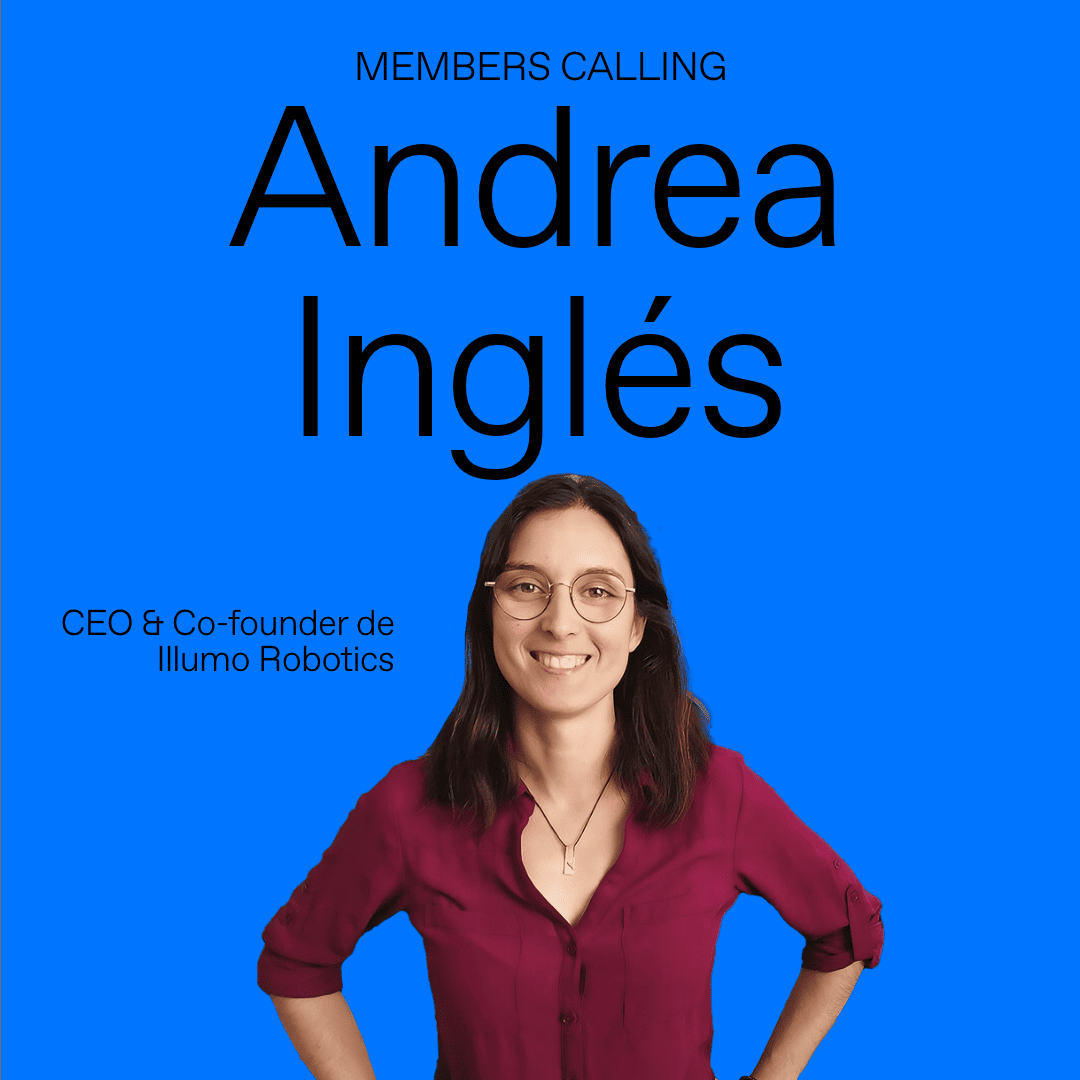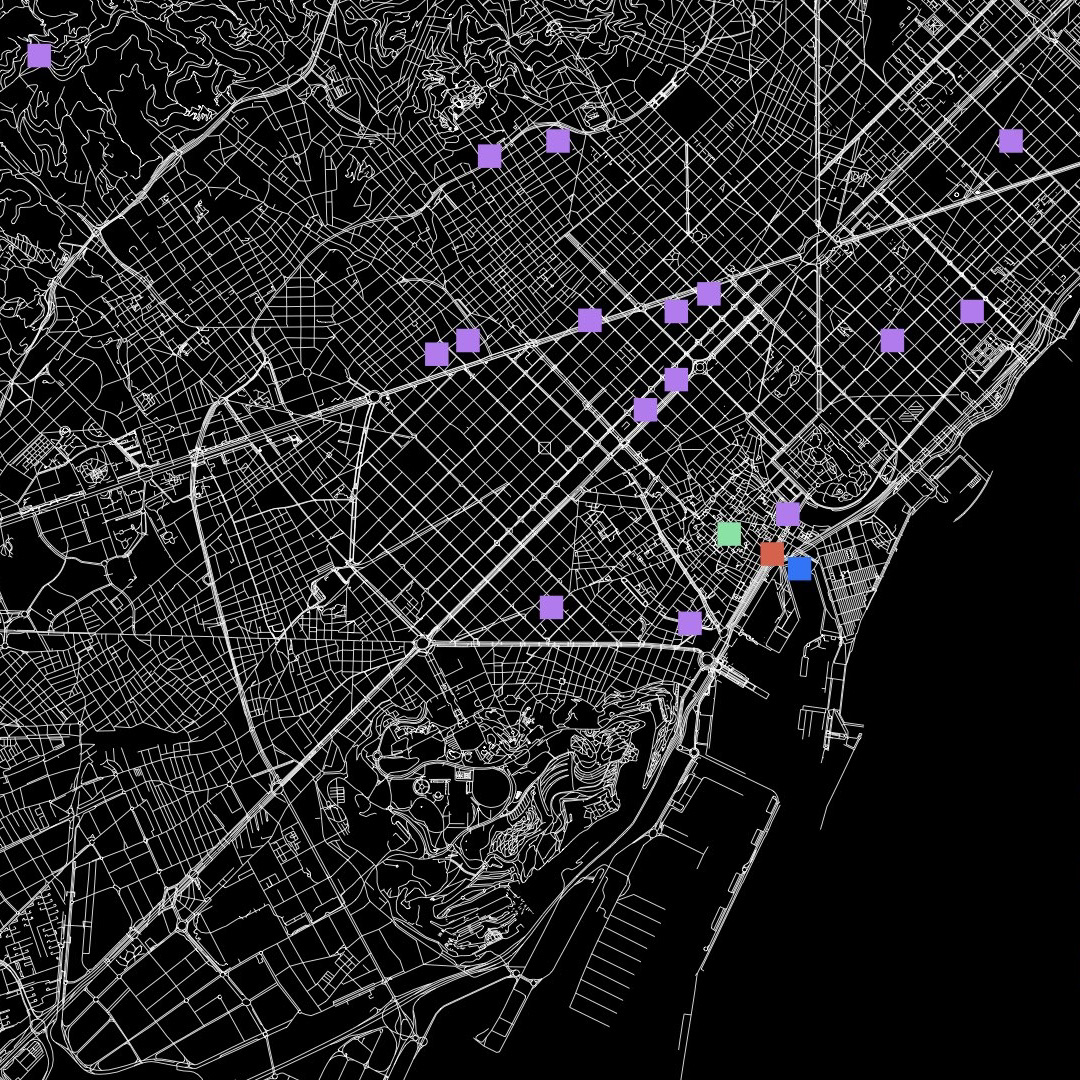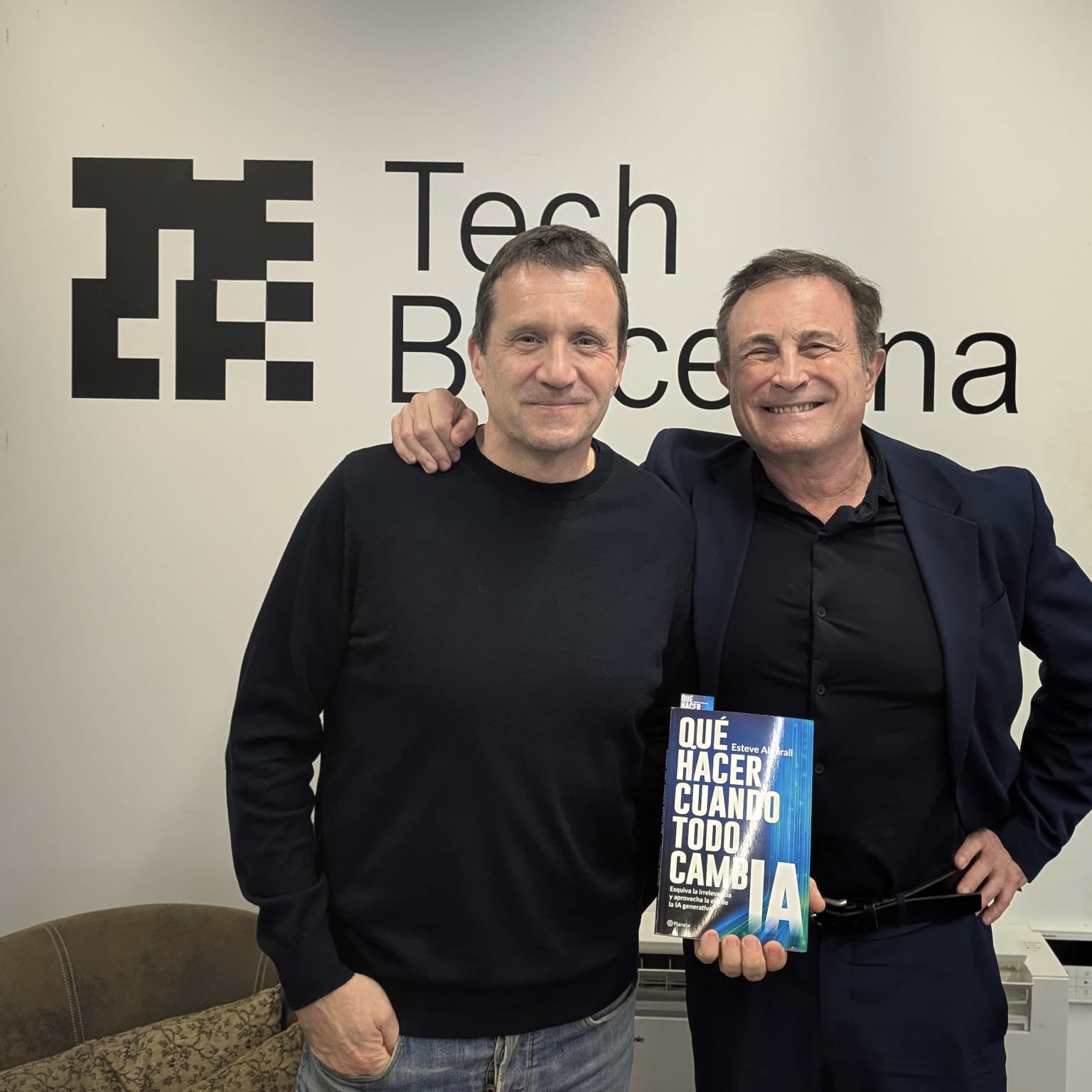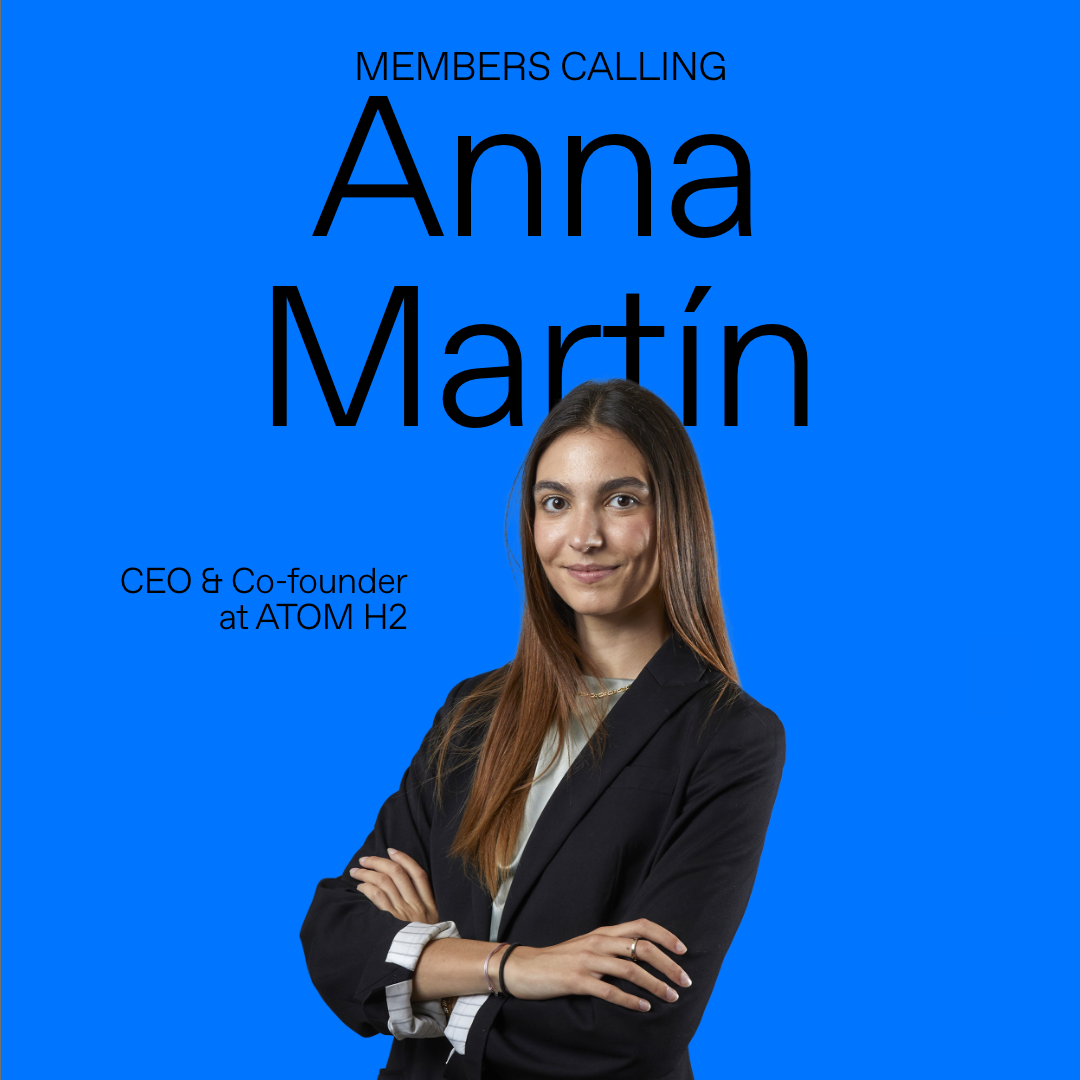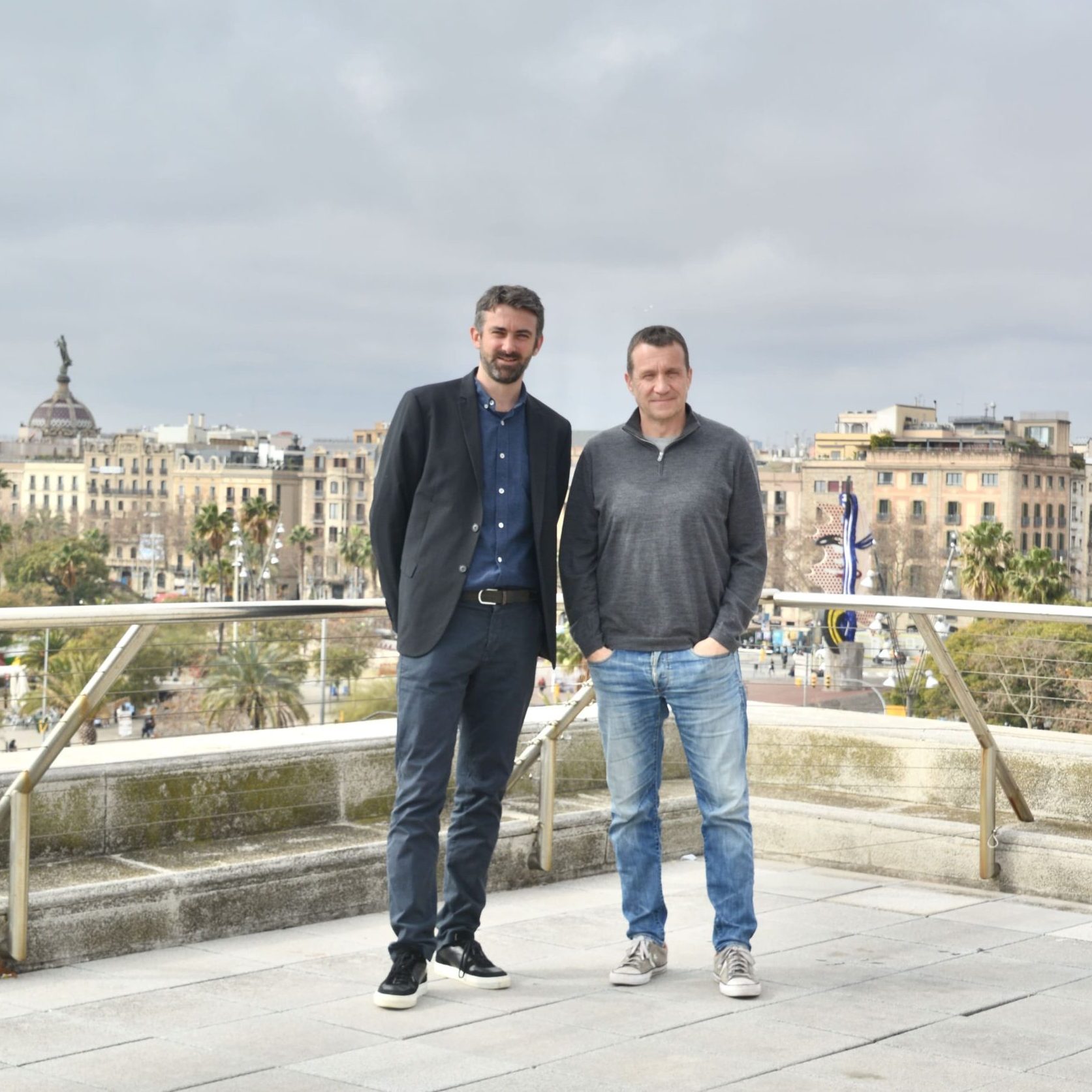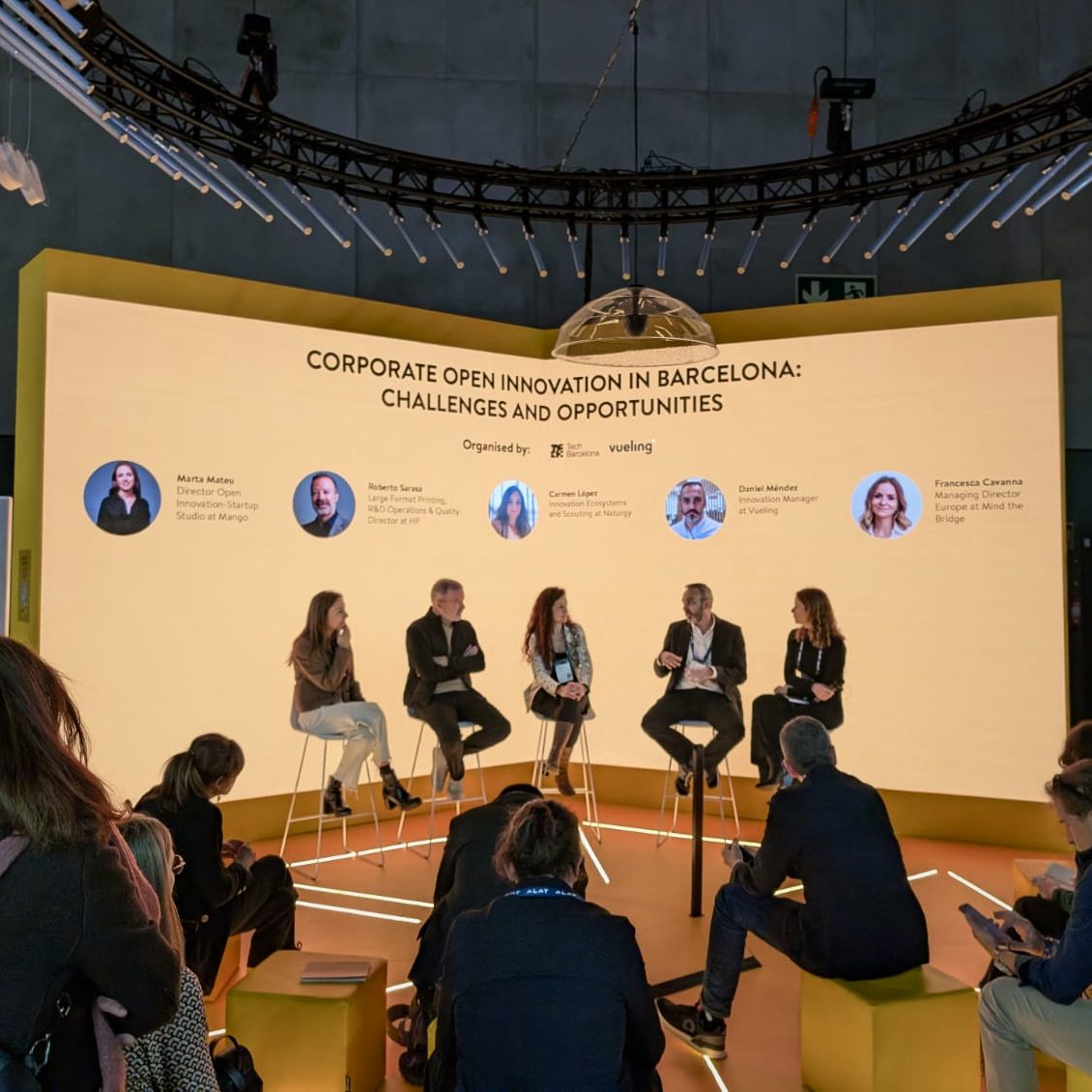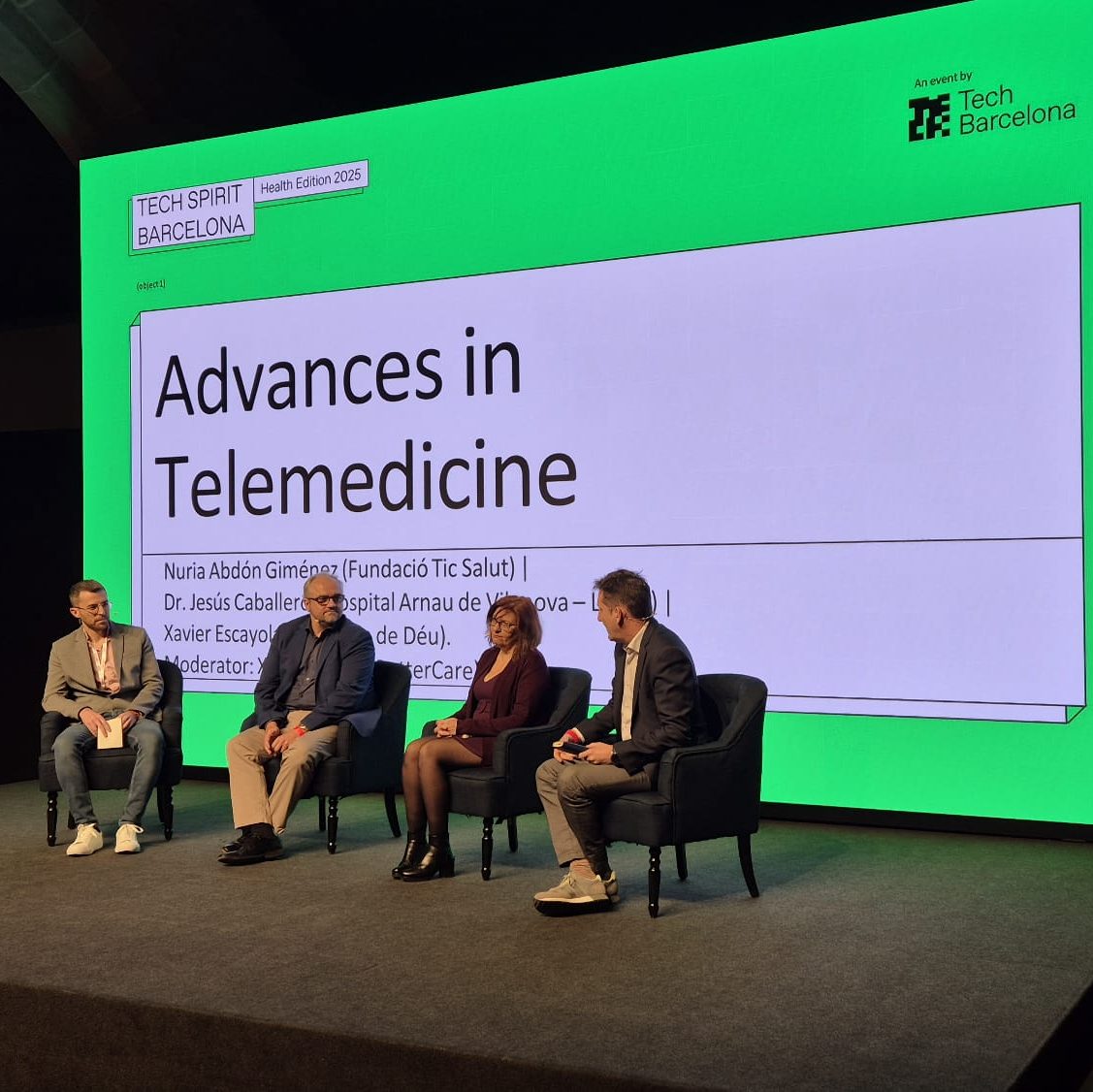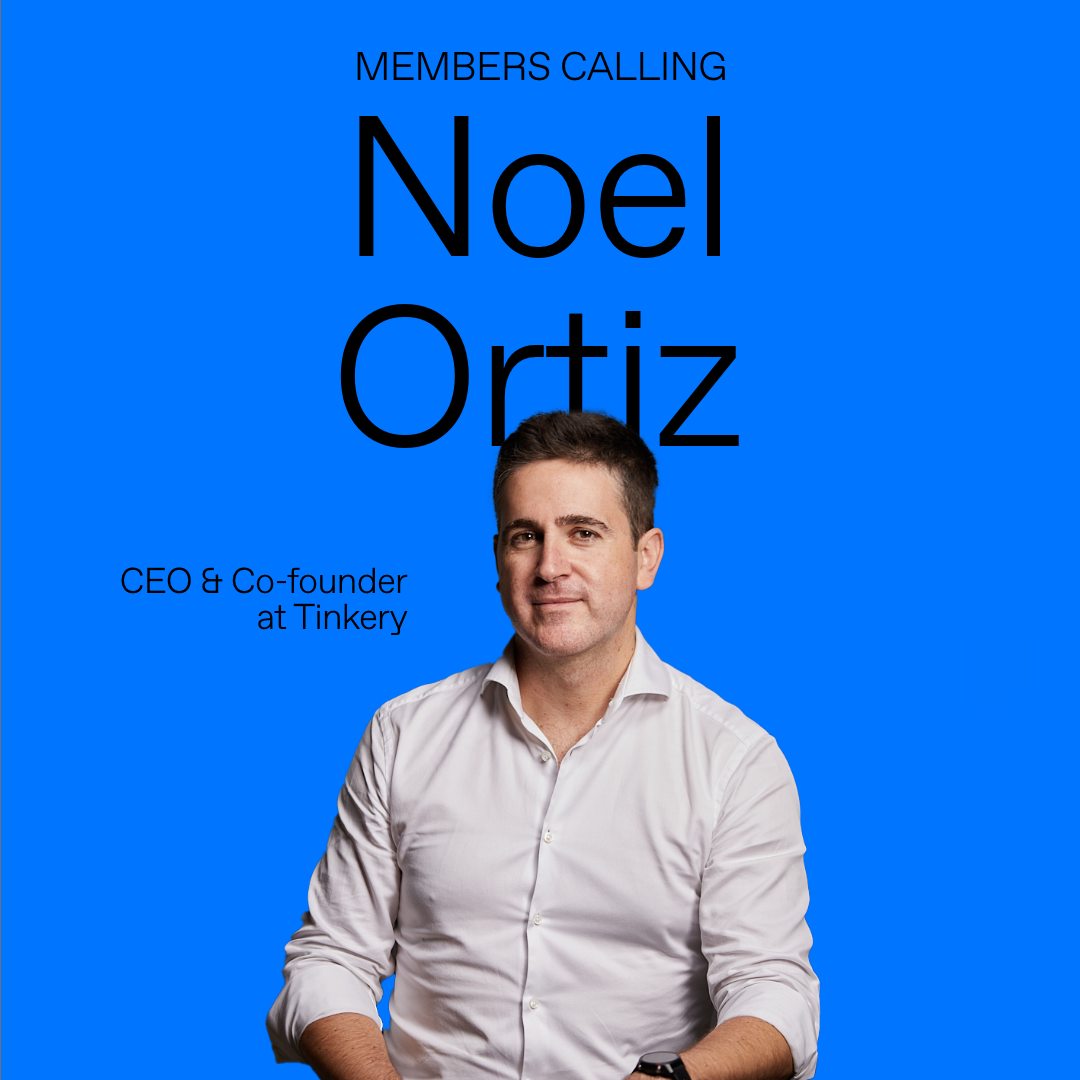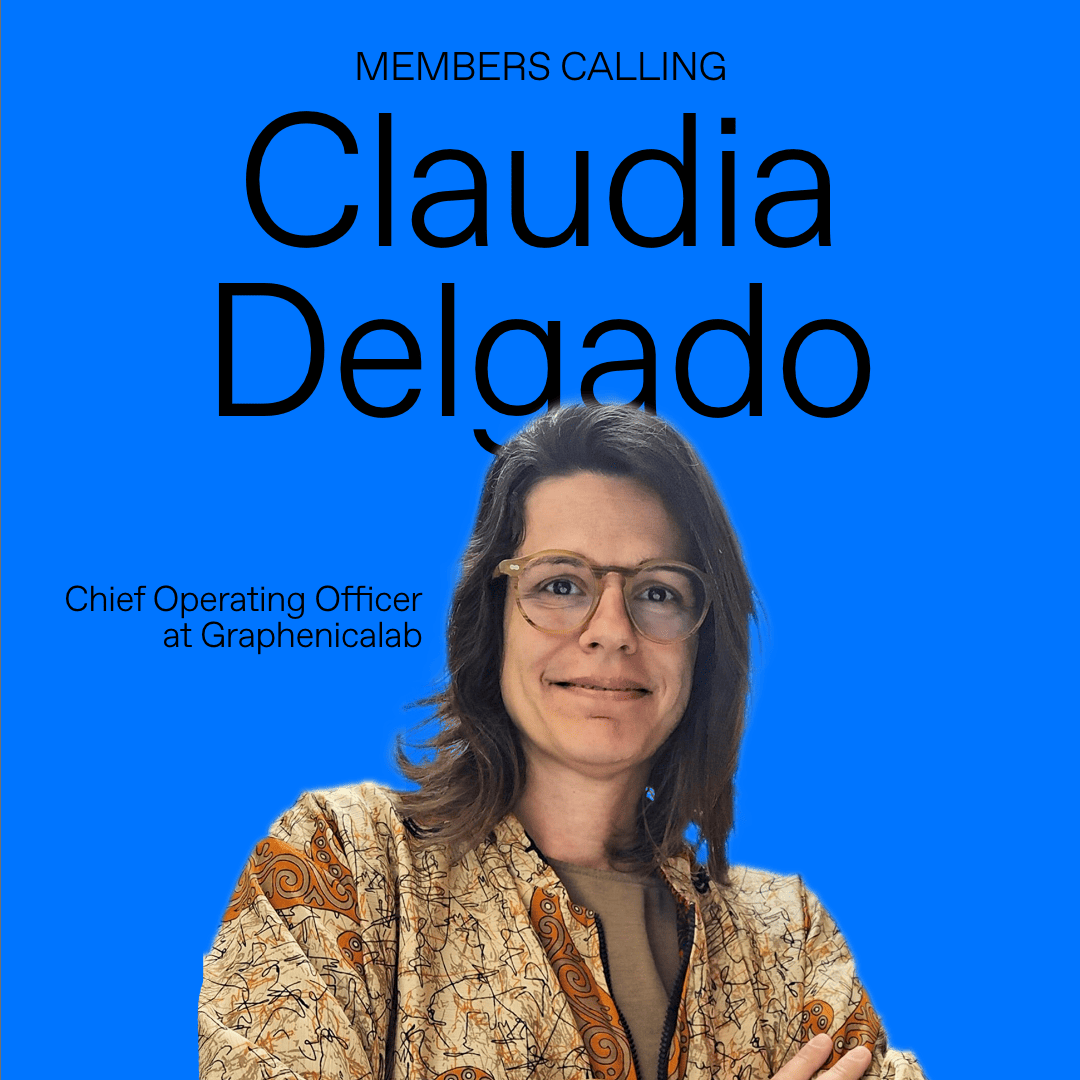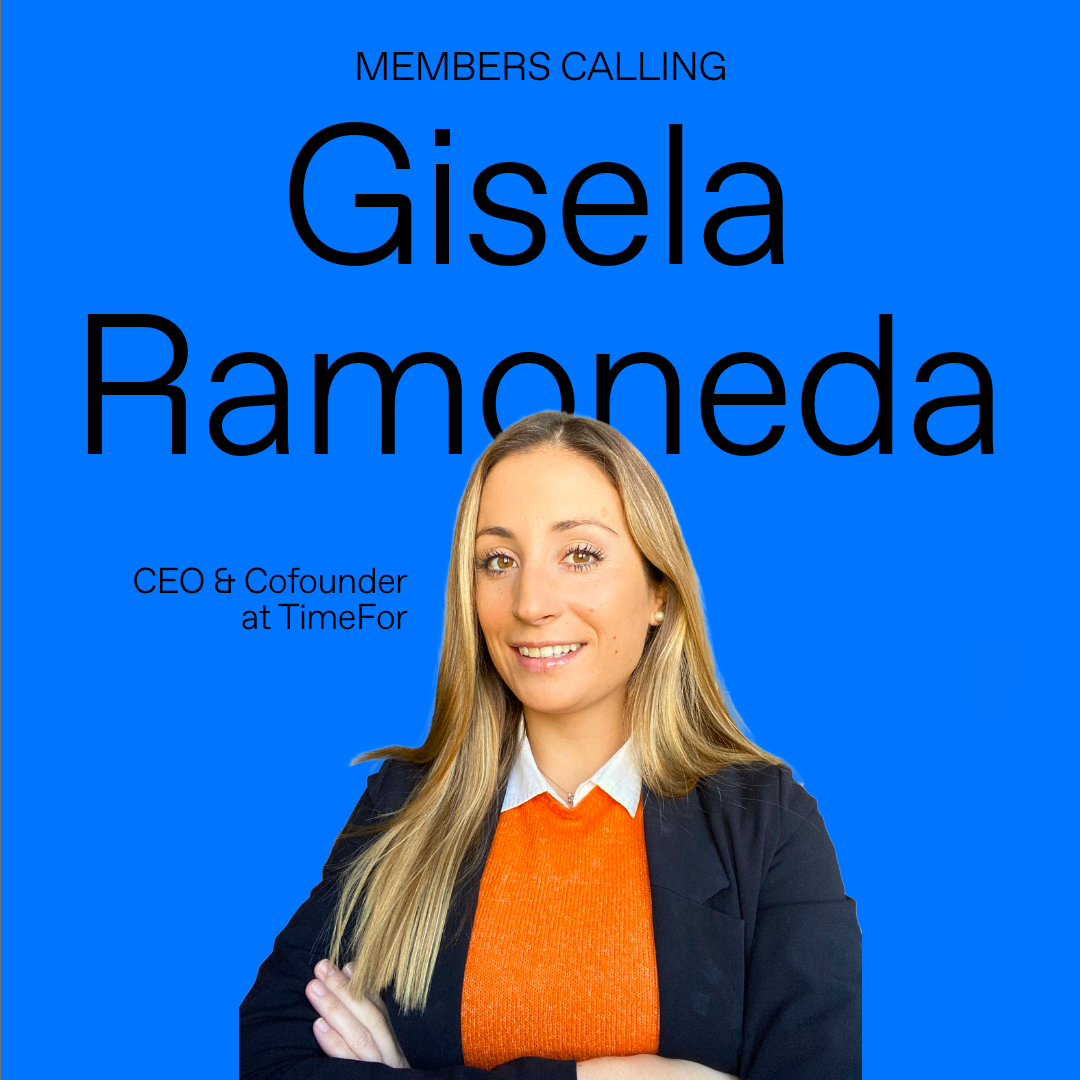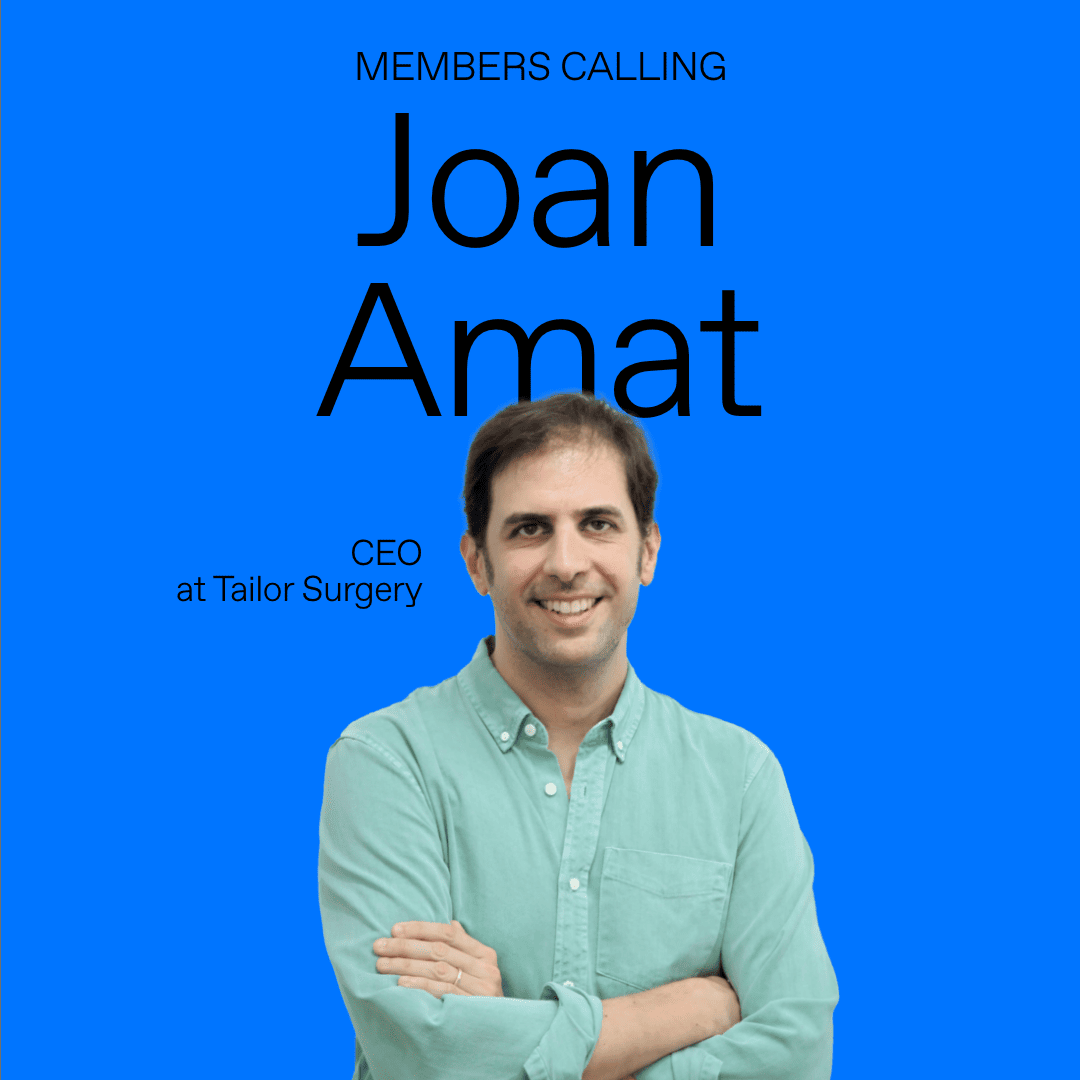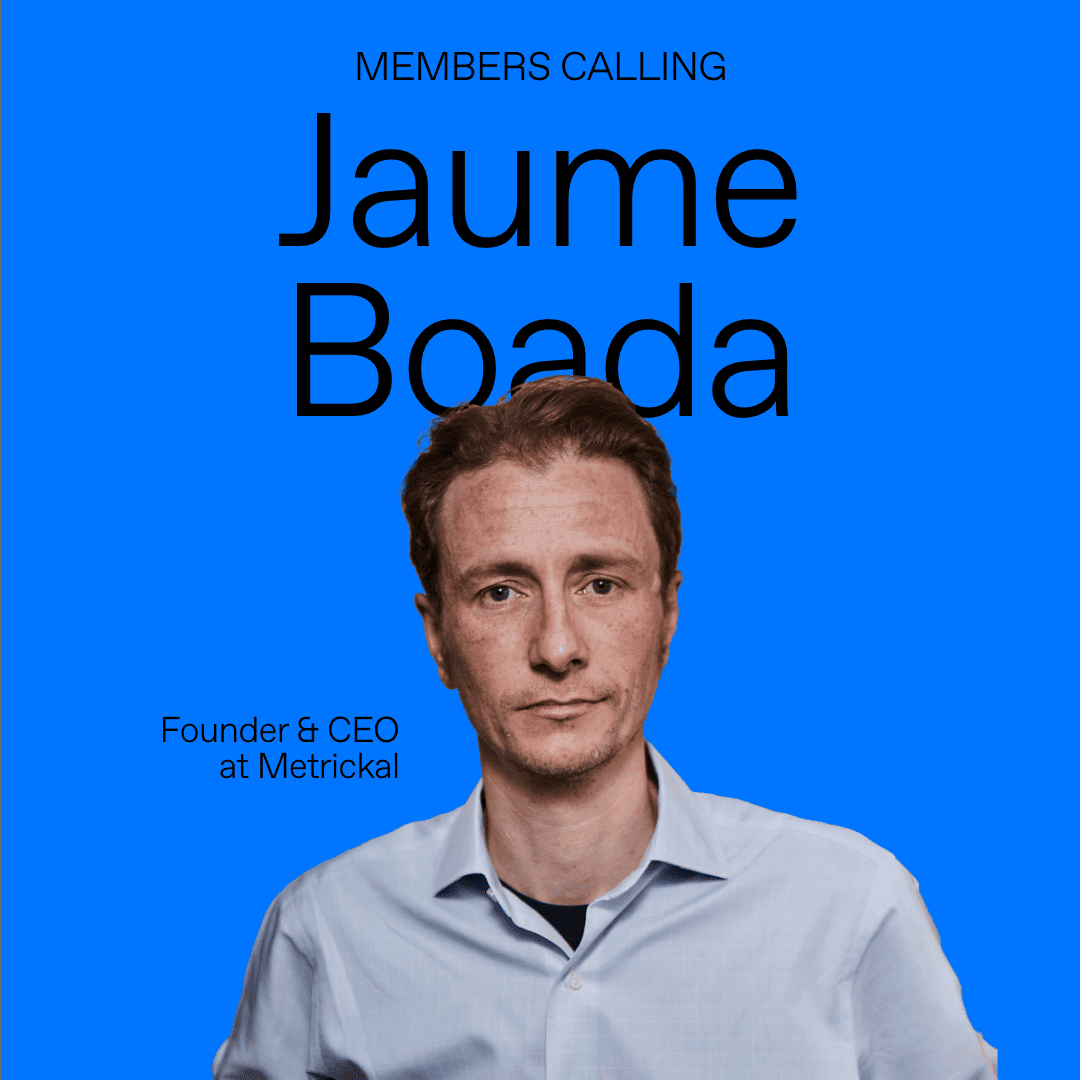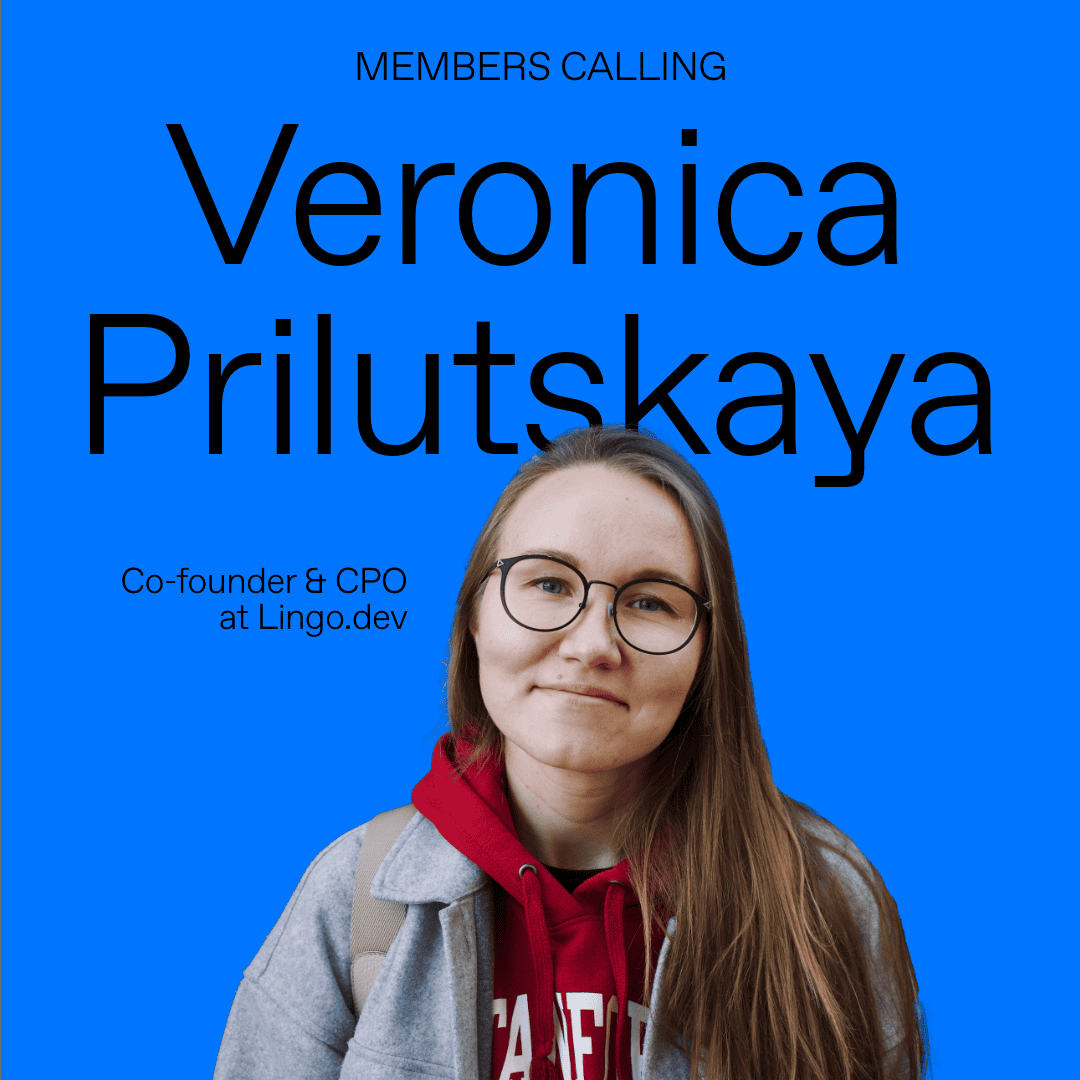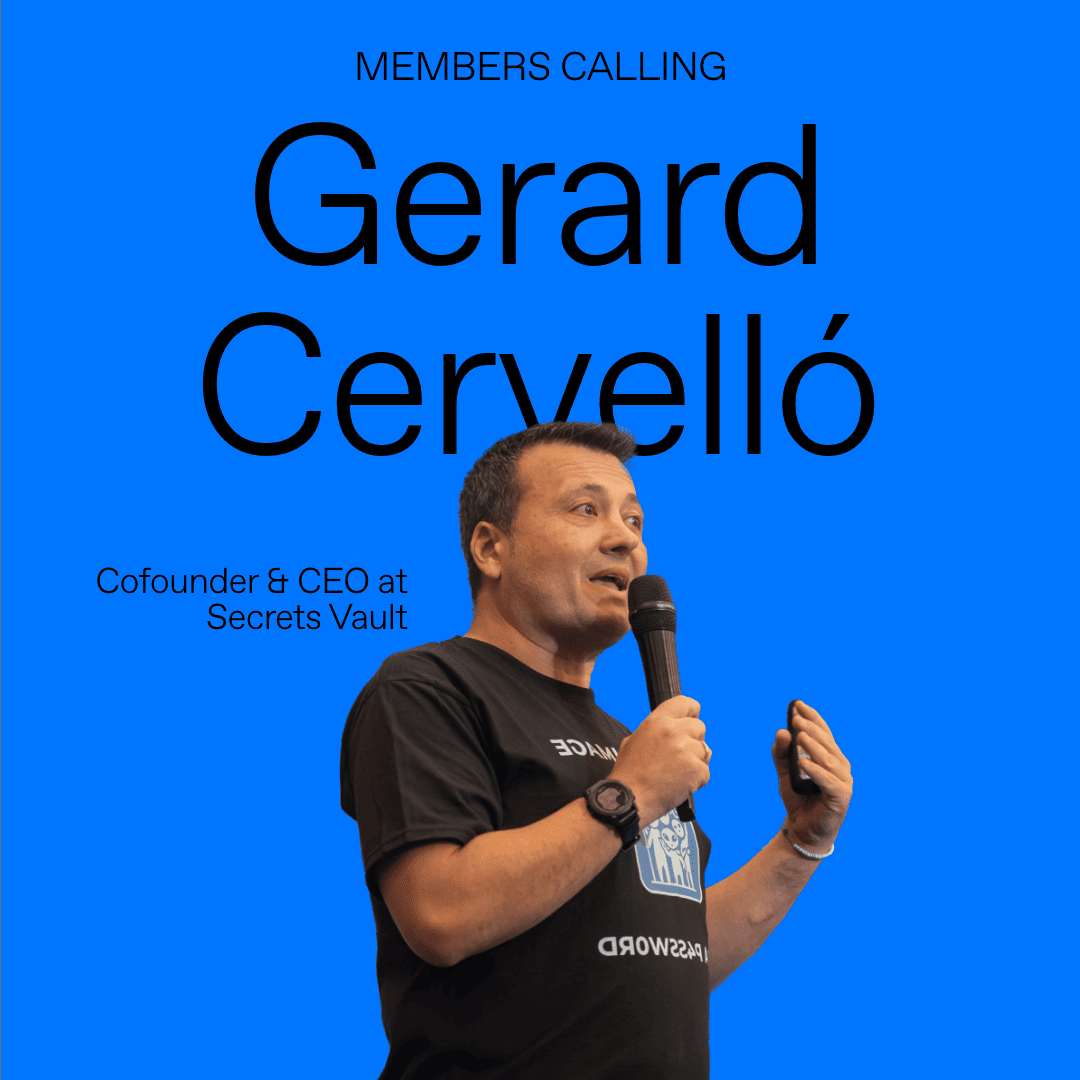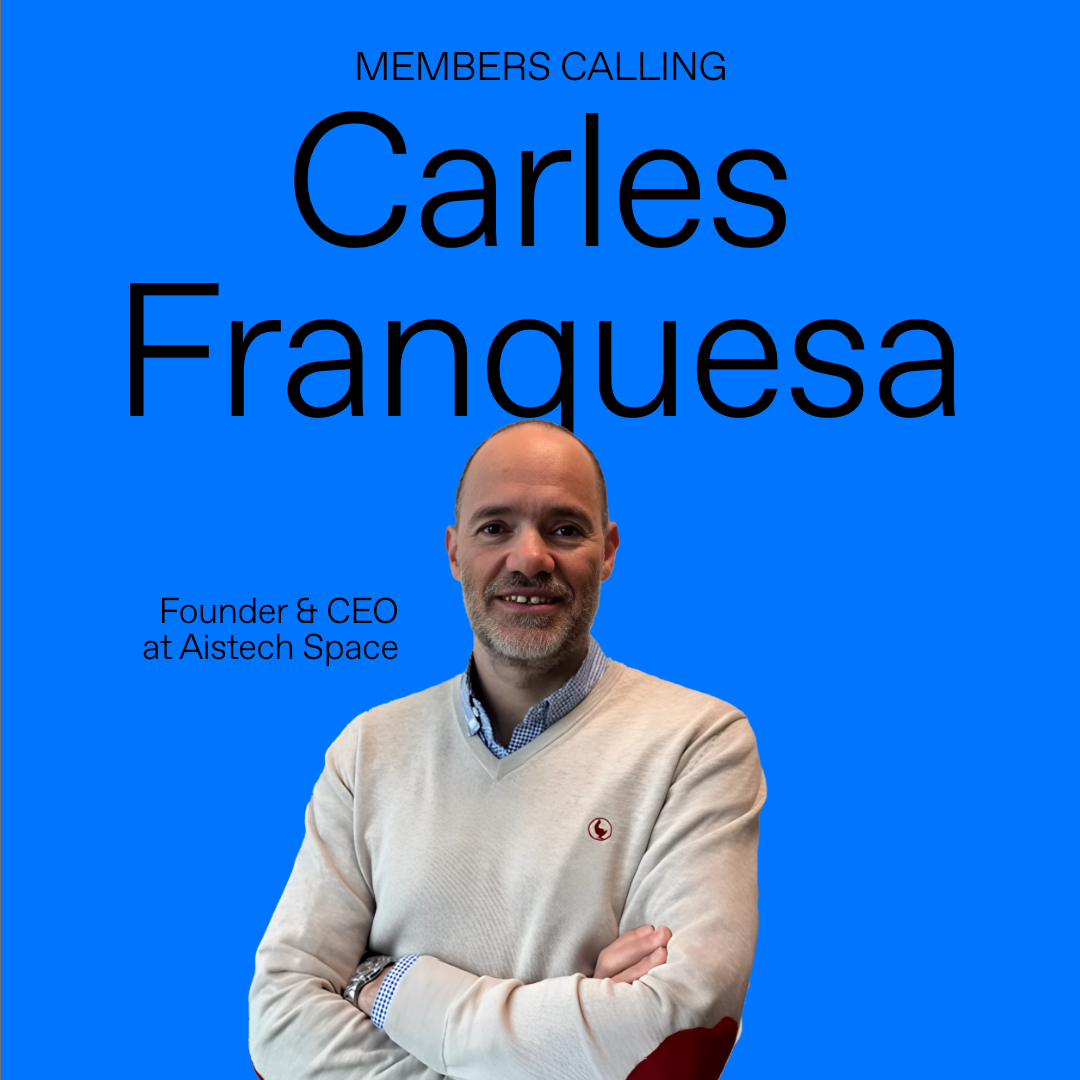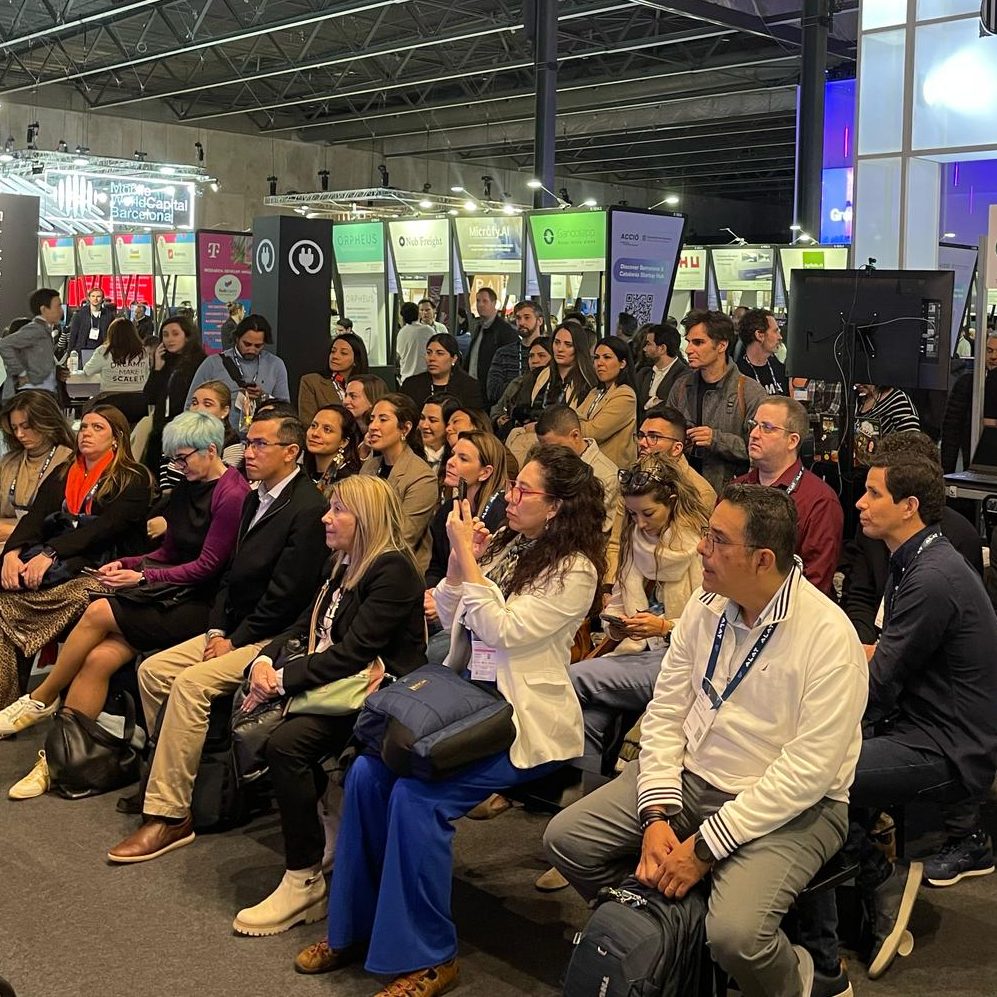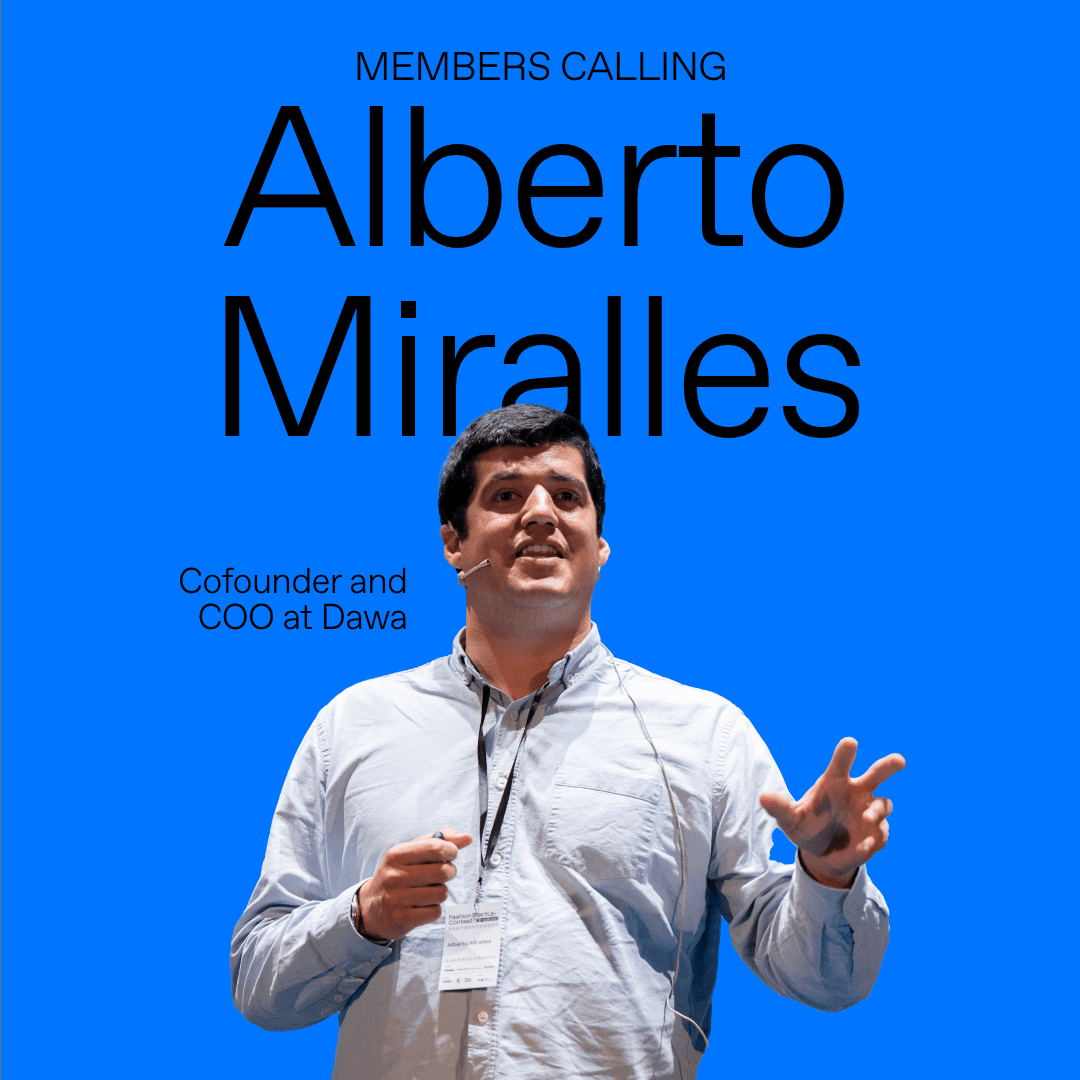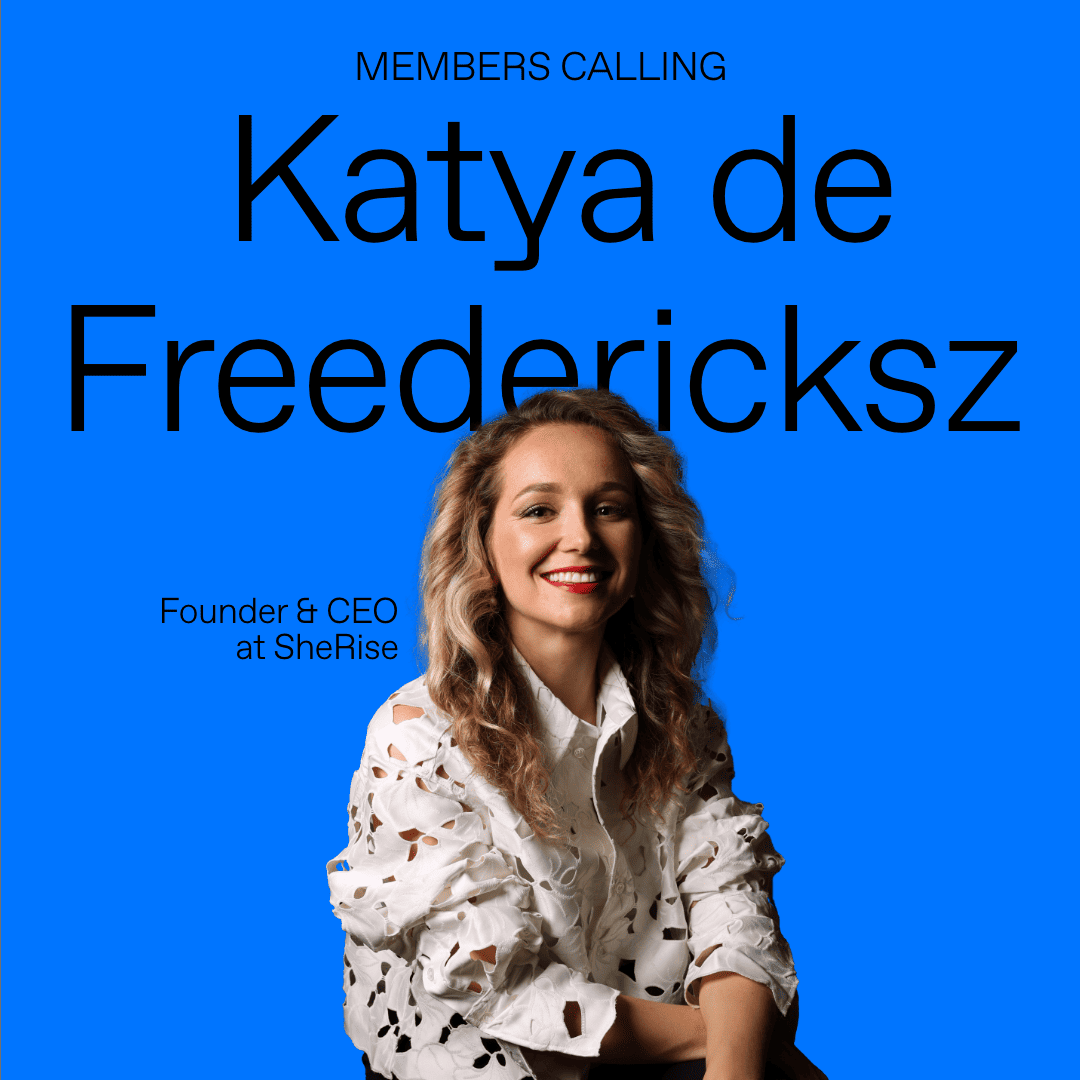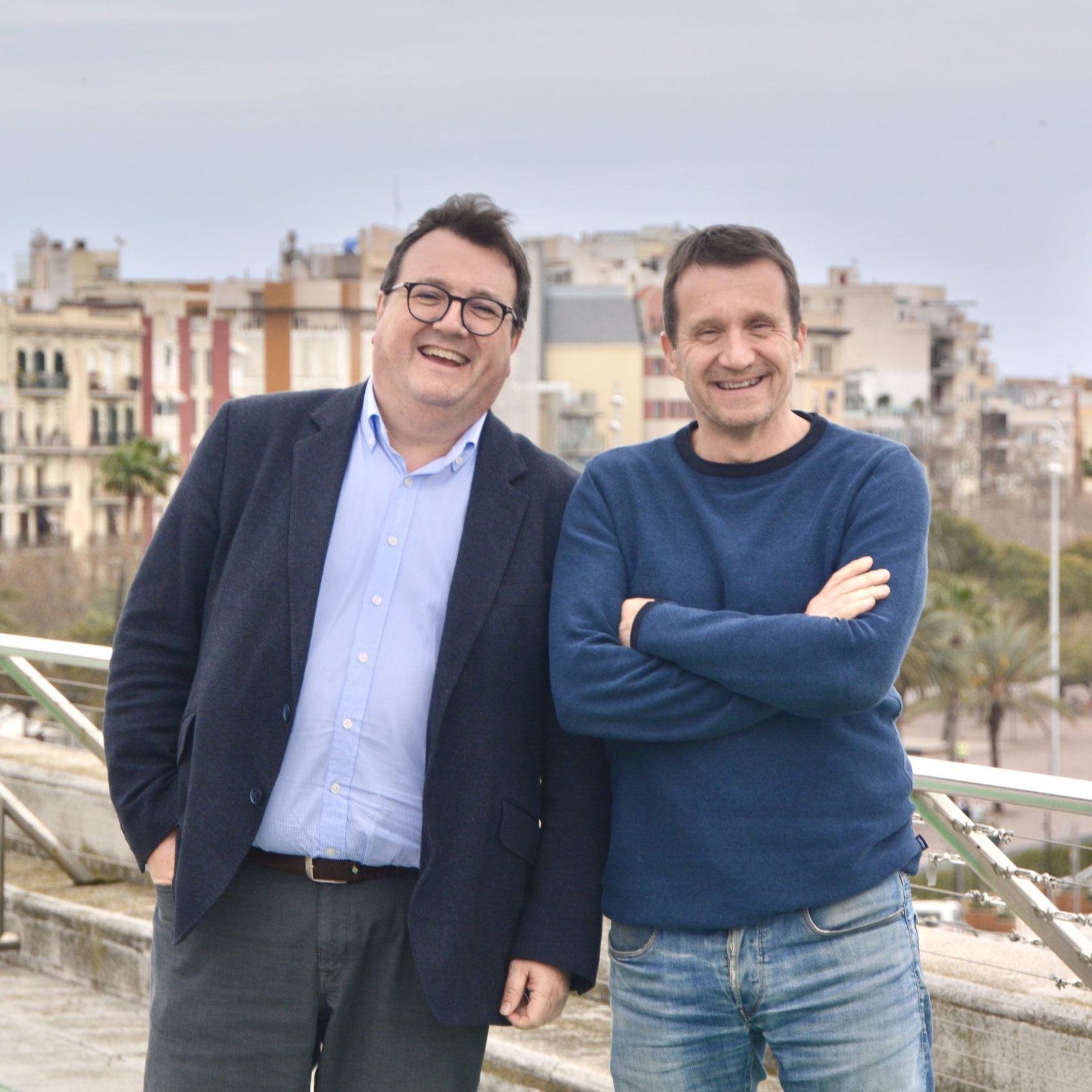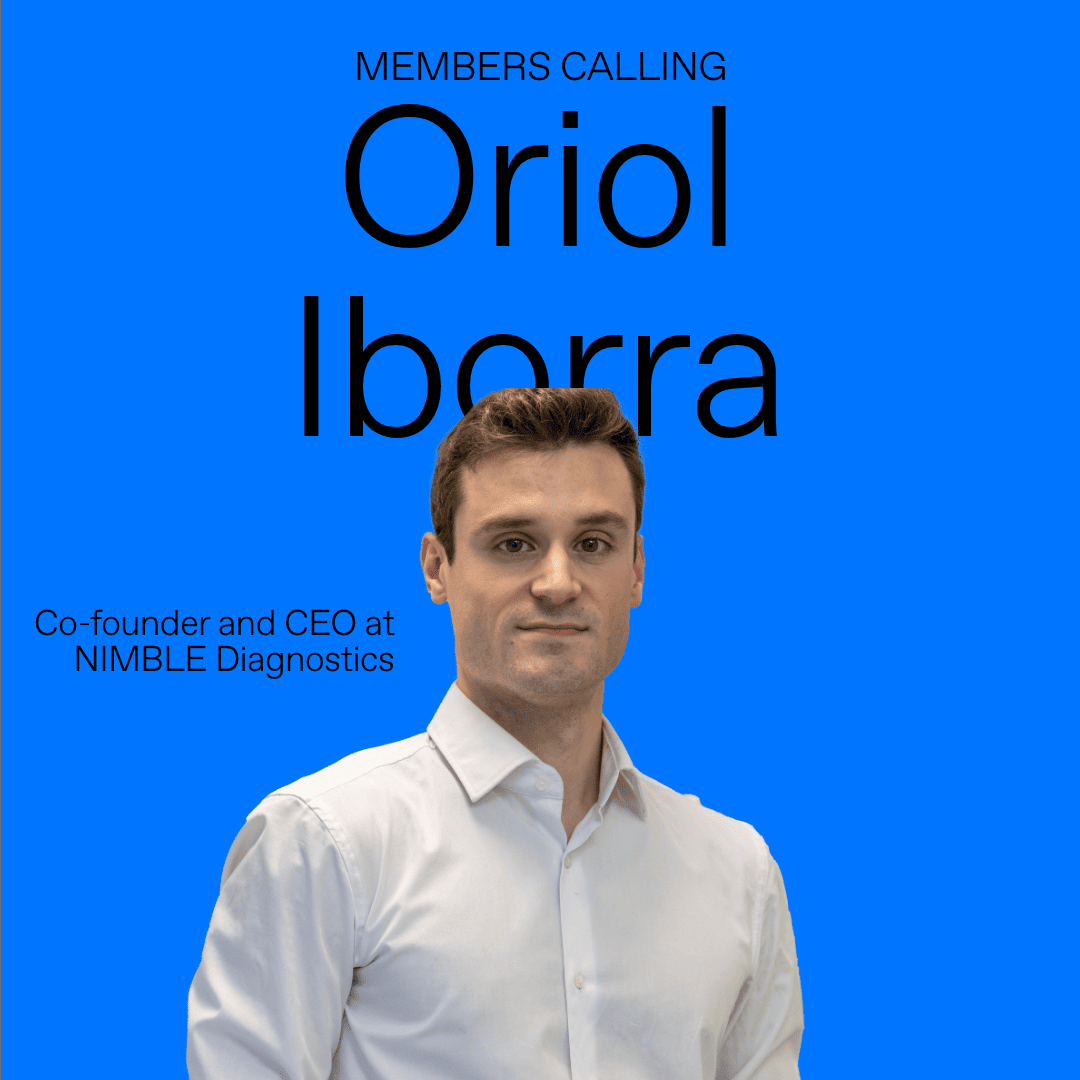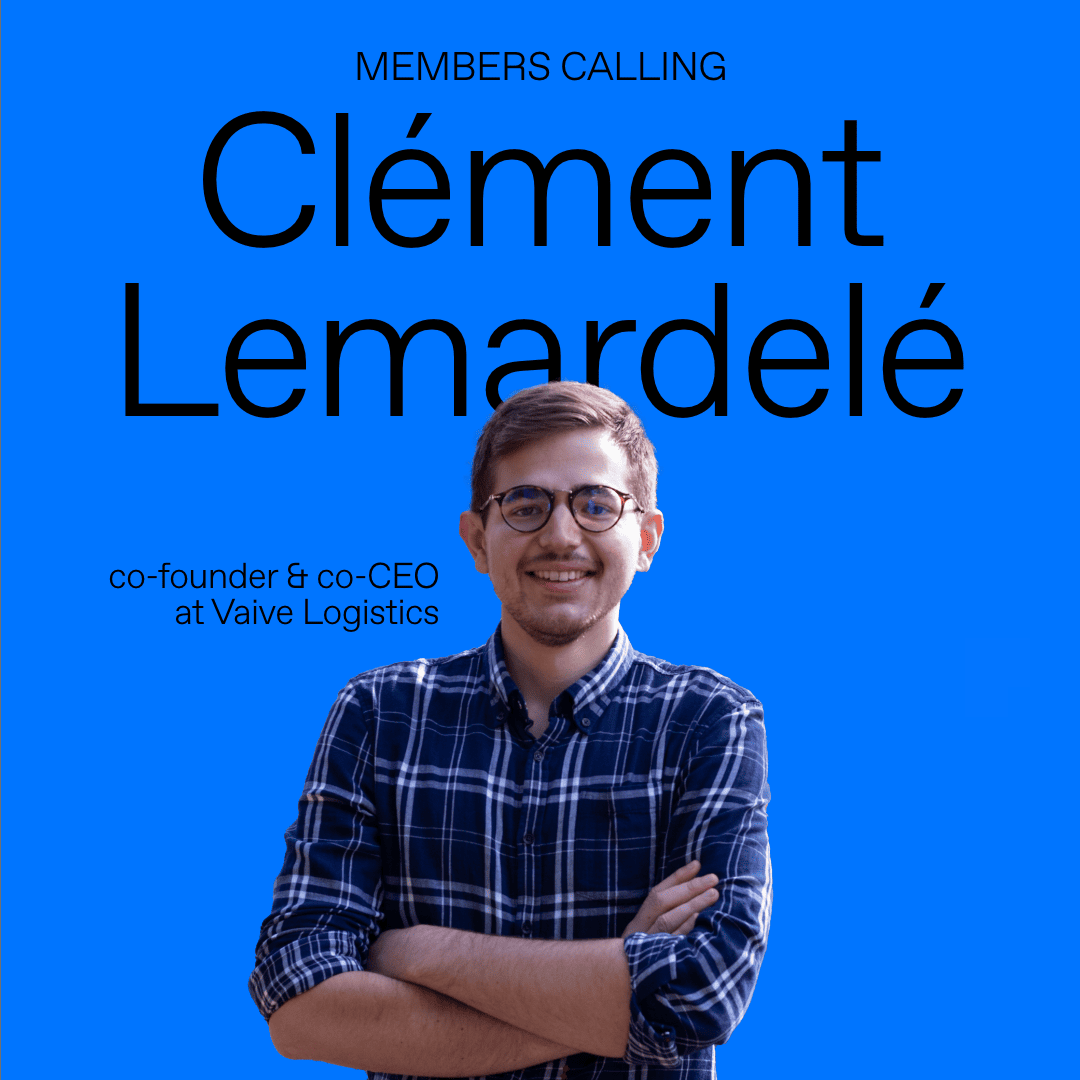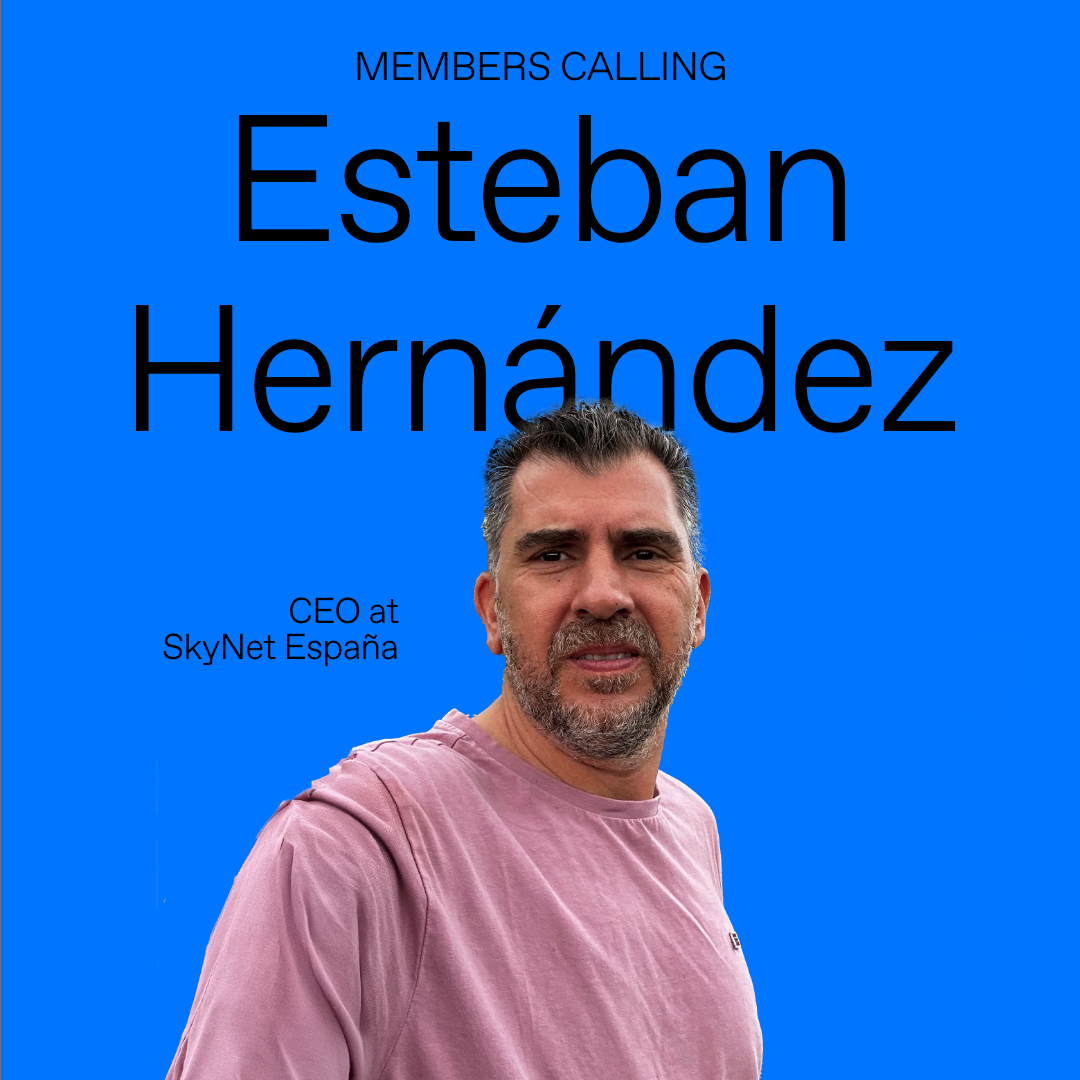Edgar Casanovas (Esplugues de Llobregat, 1982) has been climbing his entire life. A certified Senior Climbing Technician, he moved to Sort, in the Pyrenees, at just 16 years old. At 21, he embarked on a journey that took him to New Zealand, Australia, Jordan, and Mexico, always working in the sports industry as a climbing, diving, and even snowboarding instructor.
Combining his passion with his profession, he founded Lizcore, a startup aiming to revolutionize indoor climbing through technology. They started by developing a solution to monitor climbing gym routes, and in January, they scaled up by securing a €630,000 funding round. Now, their next goal is to enhance climbing safety using AI.
TB: What is the purpose of your project?
EC: At Lizcore, we believe technology can transform indoor climbing. Just as Strava revolutionized running by allowing athletes to track their activities, analyze their performance, and connect with a global community, Lizcore aims to reshape climbing gyms using sensor-based tracking—eliminating the need for mobile phones—and data analysis.
Imagine a real-time ranking system, personalized challenges for each climber, or the ability to share achievements with friends. That’s the gamified experience we want to create. Additionally, we want Lizcore to be a tool that breaks barriers by developing tracking systems adapted for people with limited mobility and features that allow visually impaired individuals to experience climbing in a completely new way. As a climber, I have always dreamed of a future where climbing is more accessible and widely recognized.
TB: Where is Lizcore at right now, and where do you see it in two years?
EC: Lizcore is taking off in 2025! We’ve just closed our first pre-seed funding round, which will allow us to accelerate the development of our tracking and gamification system—already used by over 800 climbers in various climbing gyms across Spain. In two years, we see ourselves leading the digital transformation of indoor climbing in Europe and the U.S.
TB: A great idea you’ve had.
EC: At Lizcore, we’ve spent the past two years developing the entire hardware system to track climbing, along with the gamification app and SaaS platform for climbing gym managers. Although we’re still working on this major project, as a professional in the climbing industry, I knew there was a problem with auto-belay systems. So, once we finalized the tracking hardware for Lizcore, we started working at full speed on a new safety system, “Safety Gate” for auto-belays, with the support of Eurecat and UPC.
This new device, using two AI-powered cameras, can verify whether a climber is properly secured before they start climbing. Additionally, it includes other safety features to minimize the accidents that occur in climbing each year.
TB: What has been your biggest challenge?
EC: As an entrepreneur, challenges are constant. Building a strong team that fights for the same goal is a huge challenge—especially ensuring that they understand what it means to work for a startup with limited resources. Securing funding to move faster is another, especially since we’re a Sportech project in such a niche industry like climbing. It seems like investors are always chasing large, hyper-competitive markets, without realizing that a “blue ocean” is the perfect place to build a unicorn in this sector.
On the other hand, staying focused despite all the distractions that the entrepreneurial world throws at you is another big challenge. It’s crucial to stay connected to the startup ecosystem, but you have to be careful not to lose sight of your direction.
TB: The best advice you’ve ever received.
EC: Over these first two years, I’ve had many mentors, and in the end, I hold on to two key pieces of advice: “Surround yourself with people who are better than you” and “Do what truly feels right.” What I’ve realized is that every mentor has their own way of seeing things—there’s no absolute formula for success. The best approach is to listen to everyone, learn from them, but ultimately, build your own system.
At Lizcore, we’re lucky to have an outstanding team of investors with extensive experience, which helps us avoid many common pitfalls—although, of course, we still stumble from time to time.
TB: A role model.
EC: I have many role models—many of them are my own investors. I’m someone who doesn’t idealize people unless I’ve met them in person; I’m tired of all the marketing hype we live in. For example, the founding team of Tiendeo inspires great confidence in me. Another person is Cristóbal Alonso, CEO of Startup Wise Guys, who is also one of our investors. When I need straightforward advice, he gives it to me without sugarcoating. Thanks to their experience in the startup world and their vision of entrepreneurship, all of them are a huge source of inspiration for me.
TB: A technology that will shape the future.
EC: I think everyone gives the same answer to this question: artificial intelligence. AI has the potential to transform many areas of our lives, including sports. At Lizcore, we’re already using it to improve climbing safety, and we’re exploring new applications for data analysis and personalized user experiences.
TB: On-site or remote work?
EC: At Lizcore, we fully embrace a remote work model, probably because the founding team consists of highly driven entrepreneurs who can spend countless hours working and creating. I believe that if you build a committed team, remote work can be a huge advantage. However, if someone isn’t 200% motivated, remote work can become a problem.
On the other hand, as a Sportech company, I like knowing when a team member takes time to exercise—even during work hours—because I trust that they’ll put in the necessary hours later to meet their goals.
TB: A startup or company.
EC: This is an easy one for a Sportech startup CEO: Strava or Playtomic. Both companies are great examples of how technology can transform the sports experience and build a global community of passionate athletes. They’ve taken traditional sports and, through their apps, turned them into rapidly growing disciplines.
TB: What helps you disconnect?
EC: The only way I can fully disconnect is by spending time with my family and, of course, CLIMBING. I also enjoy being in nature with my family, but the truth is, I find it hard to completely switch off. Walking in the mountains gives me time to think, but when I’m climbing, it’s just me and the wall—there’s no room for anything else. Climbing is incredible!
TB: A book you’d recommend.
EC: Just as I mentioned before, I don’t idealize people. I’ve read many great books, but if I don’t know the author personally, something always feels missing. “PERform” by Cristóbal Alonso and Stovyan Yankov, while it often states obvious things, it makes me reflect every time I go back to it. Antoher book that I liked really much is “Be Finance My Friend” by Javier Fernández Gallardo, another person I’ve had the privilege of knowing and learning from firsthand.
TB: A series, movie, or song that defines your current stage in life.
EC: I don’t have much time for series or movies—I’m off by 10 PM.
But I can tell you about two songs that I put on my headphones when I need to push through tough moments. “Don’t Stop Me Now” by Queen, Freddie Mercury has always inspired me. His ability to reinvent himself and experiment with different musical styles reflects the energy and optimism I bring to Lizcore’s challenges. Another one would be “Rompe los Cristales” by Platero y Tú, this song resonates deeply with me because sometimes, the only way to achieve your goals is to go straight through whatever stands in your way.
TB: A recipe or a restaurant.
EC: I haven’t had time to go out to eat in a while, but one place I really like in Barcelona is the vegetarian restaurant “Teresa Carles.” Before diving into this startup journey, I used to go there with my partner—it was a great way to disconnect, enjoy a good conversation, and eat delicious food, often without even knowing exactly what I was eating.
TB: A place in the world.
EC: Without a doubt, New Zealand. I lived there for a year, and it’s an incredible place where nature, culture, and human values remain relatively untouched by the ambition-driven society we see elsewhere. Helping others is just part of their DNA.
TB: Where would you invest 100K?
EC: In Lizcore, of course! (laughs). But seriously, there are so many startups with great potential worldwide. Aside from being fascinated by the idea behind a startup, I would focus a lot on the entrepreneur. Throughout my journey, I’ve seen different types of founders—some who start a company just for a job and a paycheck, and others who are truly passionate, willing to move heaven and earth to make their dream a reality.
If I had to name one startup I would invest in (if I had the money), it would be Bend It by Arnau Marlí. He’s a young entrepreneur with a great idea and a meaningful purpose—just like Lizcore, but for the world of climbing.
TB: If you weren’t an entrepreneur…
EC: If I didn’t have this “entrepreneur virus”—which I’ve had since I was 17 when I created my first “business”—I would probably still be working as a climbing guide and instructor. I actually loved my last job teaching adventure sports, but I had to leave because my entrepreneurial drive and personal values are too strong.
It’s really hard for someone like me to work in a rigid organization with strict rules. I believe many business owners only see one side of their company, and entrepreneurs struggle to fit into those structures. In short, entrepreneurs often find it difficult to work for traditional companies where their potential isn’t fully recognized.
TB: What does Tech Barcelona mean to you?
EC: Tech Barcelona is a vibrant and innovative ecosystem that fuels the growth of startups in the city. It’s a hub for entrepreneurs, investors, and tech professionals to connect and create new opportunities. For Lizcore, Tech Barcelona is a strategic partner that helps us build valuable relationships and access new possibilities. I hope to find more time in the future to attend more of their events and talks!
